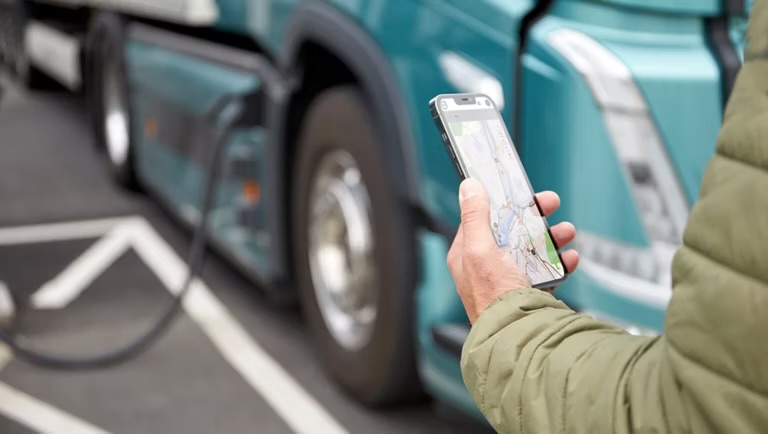Running a profitable trucking business is complex, requiring operators to navigate a range of challenges. Here are the six biggest hurdles faced by haulage and transport companies today:
- Adapting to an Unpredictable Economy
The transportation industry is closely tied to economic cycles. Recent years have seen businesses grappling with a global pandemic, supply chain disruptions, inflation, and rising interest rates. Maintaining profitability amidst these uncertainties is tough, especially with the unpredictability of future events. Michael Browne, a logistics expert and professor at the University of Gothenburg, emphasizes focusing on areas within your control, such as fuel consumption and route planning, to enhance efficiency during both downturns and upturns. - Minimizing Fuel Costs
Fuel makes up over 40% of a fleet’s operating expenses, meaning even small price fluctuations can significantly affect profitability. Although fuel prices are unpredictable, transport operators can take steps to reduce consumption. Michael Browne notes that many companies don’t track fuel usage, making it difficult to identify cost-saving opportunities, such as driver training and route optimization. - Driver Shortages
The global shortage of truck drivers is worsening, with projections suggesting it could double in the next five years. This presents a major challenge for maintaining and growing operations. While wage increases help, improving work-life balance and job conditions is crucial to attracting younger drivers. Michael Browne points out the lack of research into the profession and suggests that better engagement with drivers is key to addressing this issue. - Transitioning to Alternative Energy
Tighter emissions regulations and rising demand for sustainable transportation are pressuring companies to move away from diesel. Some cities, such as Paris and Stockholm, are set to ban diesel vehicles by 2025. Despite uncertainty over which alternative fuel will dominate, businesses must avoid being left behind by delaying the transition. Michael highlights that while a few early adopters are making the switch, a tipping point is coming when more companies will follow suit. - Finding Safe Parking
Drivers face increasing difficulty finding secure parking for overnight stops, especially in the US and parts of Europe. The shortage of safe parking not only endangers goods but also affects driver welfare. Providing support, such as compensating drivers for using secure facilities, can improve retention and help safeguard valuable cargo. - Adapting to Urban Planning
Trends in urban planning, such as the 15-minute city and Healthy Streets, often overlook the importance of freight and logistics. Michael Browne stresses the need for city planners to consider freight flows and provide sufficient loading bays in large developments. However, he believes awareness of supply chain issues has improved since the pandemic, with cities becoming more engaged in working with transport operators to address urban freight challenges.
